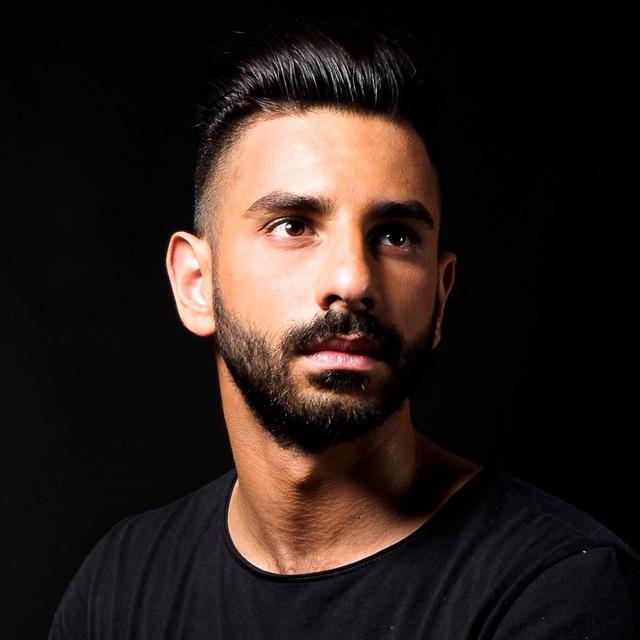After several important news announced by Revolut in the last period, such as the fundraising for Save the Children and the partnership with Mastercard, The Cryptonomist had the pleasure to interview Elena Lavezzi, who is Head of Southern Europe for one of the most important fintech companies in the sector.
Let’s kick things off with your story as a female manager of the Made in Italy. You worked for 3 unicorns, starting from Uber in Italy, then Circle in London, and now Revolut, where you’re the Head of Southern Europe.
After graduating in economics from Bocconi and obtaining a Master in Marketing from ESCP Europe in Paris and London, I worked as Marketing Manager at Uber for four years, where I opened the Italian market and subsequently supported the development and growth of the company in India.
In 2016 I started working in the fintech sector leading the launch of Circle in Italy and then held various positions at the international level until I became Director Go-To-Market Retail Europe.
In 2019 I joined Revolut as Head of Southern Europe, where my priority is to create and manage local teams and drive the growth of the user base in the region.
Over the past year, we have seen a clear change and a very strong growth of Revolut as a market player, also considering the recent opening in Asia in Singapore and the arrival of the agreement with VISA to exceed 5000 human resources: what other objectives is the company setting itself?
Our main goal is to create the first true digital financial platform at a global level. This means that anyone will be able to open a Revolut account from their smartphone, anytime, anywhere, in a matter of minutes.
To do this, we announced a major agreement with Visa that will allow us to expand into more than 20 new markets in five new regions, reaching a total of 55 countries globally. In addition, we have a partnership with Mastercard for the launch of Revolut cards in the United States and other markets in the Asia Pacific and Latin America.
In addition, we are working on a project dedicated to children and young people that will see the launch of a product dedicated to them, with the aim of helping them learn how to manage their finances, step by step, through the support of parents, who will be able to control their expenses, help them spend wisely and save money. And we want to make Revolut Youth available worldwide, just like Revolut.
When talking about innovation and fintech, players often focus a lot on industrialised and already developed areas, but when we look at fintech as a gateway to more distributed finance we can’t help but think of less developed areas. How does Revolut approach developing or underdeveloped markets, including the second and third worlds?
For the time being, Revolut is available in Europe, Australia and Singapore, and we will shortly be launching in the US, Canada and Japan. After these, there are other emerging markets in our roadmap that for a variety of reasons are interesting business destinations.
Behind every launch, there is certainly an in-depth study of the market, which analyses different aspects: the competitive scenario and the cultural predisposition for electronic payments, the infrastructure, mobile penetration, local regulations and much more.
The main part is then carried out by local teams that have the necessary knowledge and experience to enter that market effectively and develop the product correctly according to its specific characteristics.
How do you view the evolution of finance and fintech?
As time goes by, consumers are looking for a better and faster experience. They no longer need to have multiple apps on their smartphones to manage their finances, they prefer to operate using a single app and be certain to get the best quality and user experience.
Revolut is creating a unique financial platform that allows users to manage and monitor their daily expenses, convert their money into different currencies, obtain insurance, invest in crypto and stock exchange, and much more, all from a single app. Moreover, in the future, thanks to PSD2 we will see greater integration between different financial services and the implementation of Open Banking thanks to the APIs.
This means that accounts of users, the Revolut account and any other financial service can communicate with each other to offer the user more comprehensive features, more streamlined user experience and a reduction in costs, so as to offer the consumer a wider selection and better services.
Revolut is sometimes criticised for over-centralising the management of crypto assets by not opening its gateways to the outside world like other competing companies such as Wirex or eToro. At Revolut, do you see it as a strength, a weakness or a diversification aspect, given that you mainly address a more “traditionalist” audience?
In reality, I would call it a democratisation aspect precisely because we address a more traditional audience. We believe that today’s cryptocurrencies are like the Internet in the 90s, which had great potential but was difficult to use.
With the arrival of browsers, the power of the Internet exploded and paved the way for all the platforms we know, from Google to Airbnb to Uber, just to name a few. With crypto, the first necessary step is to make them user friendly and that’s exactly what we at Revolut want to do, making them accessible to everyone in a simple way, which is what we aim to do more generally with our app, namely to make the management of finances simple and immediate via smartphone.
Those who want to get closer to the crypto world can do it easily through Revolut, those who then want to use them in more depth will probably want to use specialised platforms that are aimed at experienced investors.




